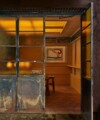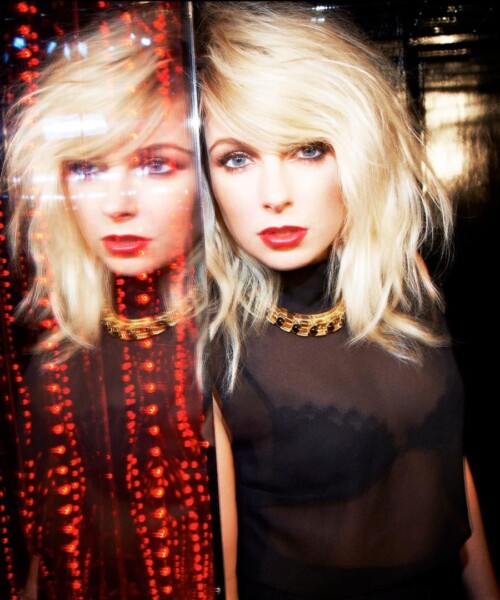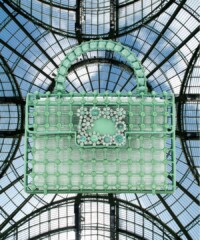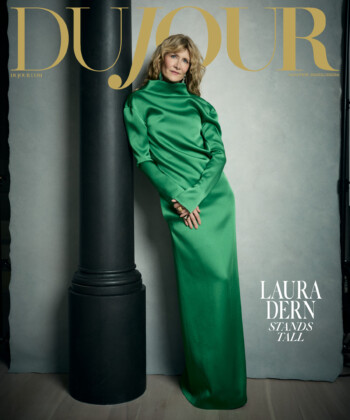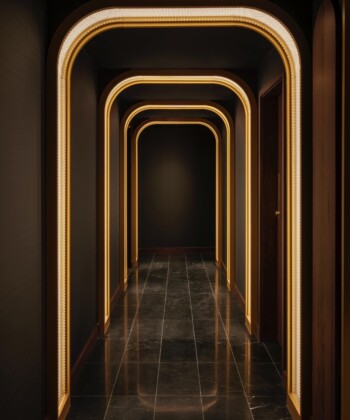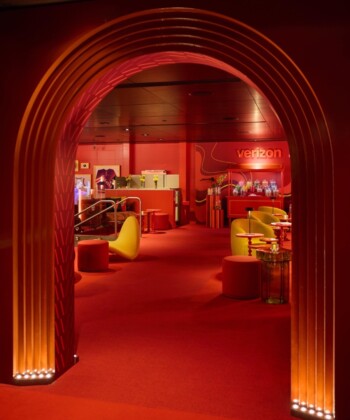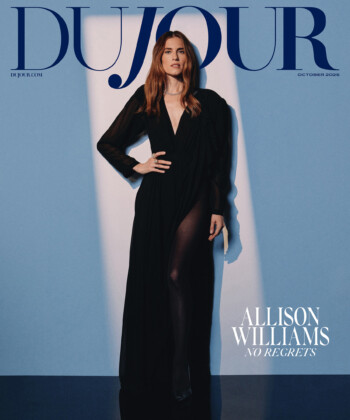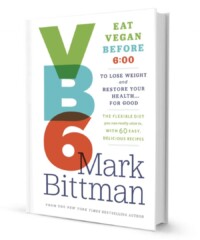Victoria Hesketh, who performs as Little Boots, has had a long four years. Since the release of her debut album, Hands, in 2009, the pop singer has left Atlantic Records (which released her first album), started her own label, traveled the world as a DJ and discovered quite a bit about what is it she wants from a career making music.
These changes are apparent on Nocturnes, the latest Little Boots record, out May 7 on Hesketh’s new label, On Repeat Records. The 10-track stunner has all the charm of Little Boots’ previous work but boasts a more coherent feel, perhaps thanks to her work with producer Tim Goldsworthy (of DFA Records) and top-notch collaborators including songwriter Jeppe Laursen, Simian Mobile Disco‘s James Ford, and Hercules and Love Affair‘s Andy Butler.
Whatever Hesketh’s learned in these past four years, it’s primed her to make an impressive sophomore effort. “It’s always a journey,” Hesketh says, “which I think is reflected in this album.”
We caught up with Hesketh to talk about working for yourself and what music makes for the best night out.
This isn’t just a new album, it’s the first you’re doing on your own without a major label. How’s that?
It’s a completely different experience from last time. It really is just so empowering for me and I feel so much more in control, creatively. I’m doing things my way and it’s hard and scary at times, but ultimately the payoff is so much bigger.
What was the most surprising thing about striking out on your own?
Things are tighter, but that’s been a change since 2009 when I put my first album out. The whole industry’s changed, so I don’t think I’m missing out on anything that I’d have with Atlantic. I find it’s hard work and I didn’t think it would be as much work—like, OK, sure, I’ll just set up a record label—but actually it’s a load of work. I’ve really had to put my business hat on. I had no idea how much money was being spent or how things really worked. I was a bit naive, riding around on a bus someone else was driving.
There seems to be a creative difference on the album as well.
I definitely wanted to do things in a different way, to get one producer to make the whole thing at one place with a coherent vision. That was one thing I really kicked myself for with on the first record: the production was all over the place and you could hear that.
Speaking of working with people, how did you assemble your team for this album?
I think the best things come from happy accidents. I was playing a show in San Francisco and it so happened that Andy Butler was in the audience, and we started chatting. The next time he was in London, we went to the studio together and some songs came out of that. So it was like, this direction is really cool, and I knew Tim had producers Hercules’ first album. A lot of it just came together, but was incredible for me because it was people I’m a huge fan of. If I want to work with someone, I’ll just hit him up and hope something comes from it.
You’ve also been doing a lot of DJing in recent years. How has that impacted the way you make your own music?
DJing is something I’ve done for a long time. When I first moved to London, someone asked me to DJ in a pub and I said, ‘I don’t know how to press go, but I’ll give it a try.’ DJing saved my life really, it gave me a way to get out, to maybe slip new songs into a set and see what people liked. Taking it more seriously led to me finding it more rewarding.
That’s where the name of the album and its nighttime feel come from. For a while, I was all tied up in DJing, I was a real night owl. I was DJing around the world and I became a real creature of the night, I lived at 3 a.m.
When you find yourself up that late at night, what is it you listen to?
For getting ready to go out, it’s always proper old disco. I love a lot of U.K. deep house, and when you’re out that’s so much fun. For really late night, I like older, ’90s stuff like Everything But The Girl. That’s what I like about Nocturnes, it’s not just a light album, there’s some dark music on there as well. The night is your time to escape.


